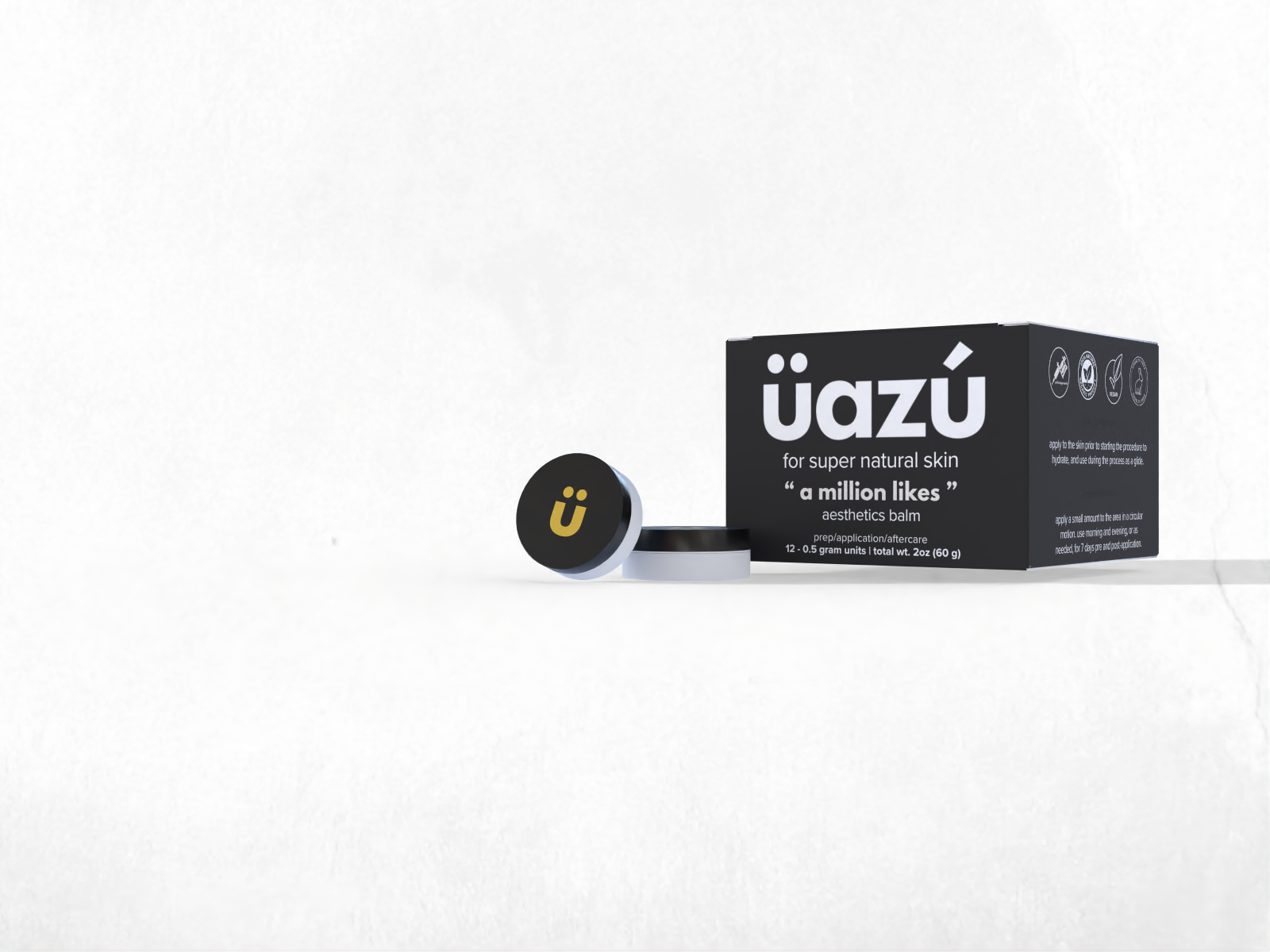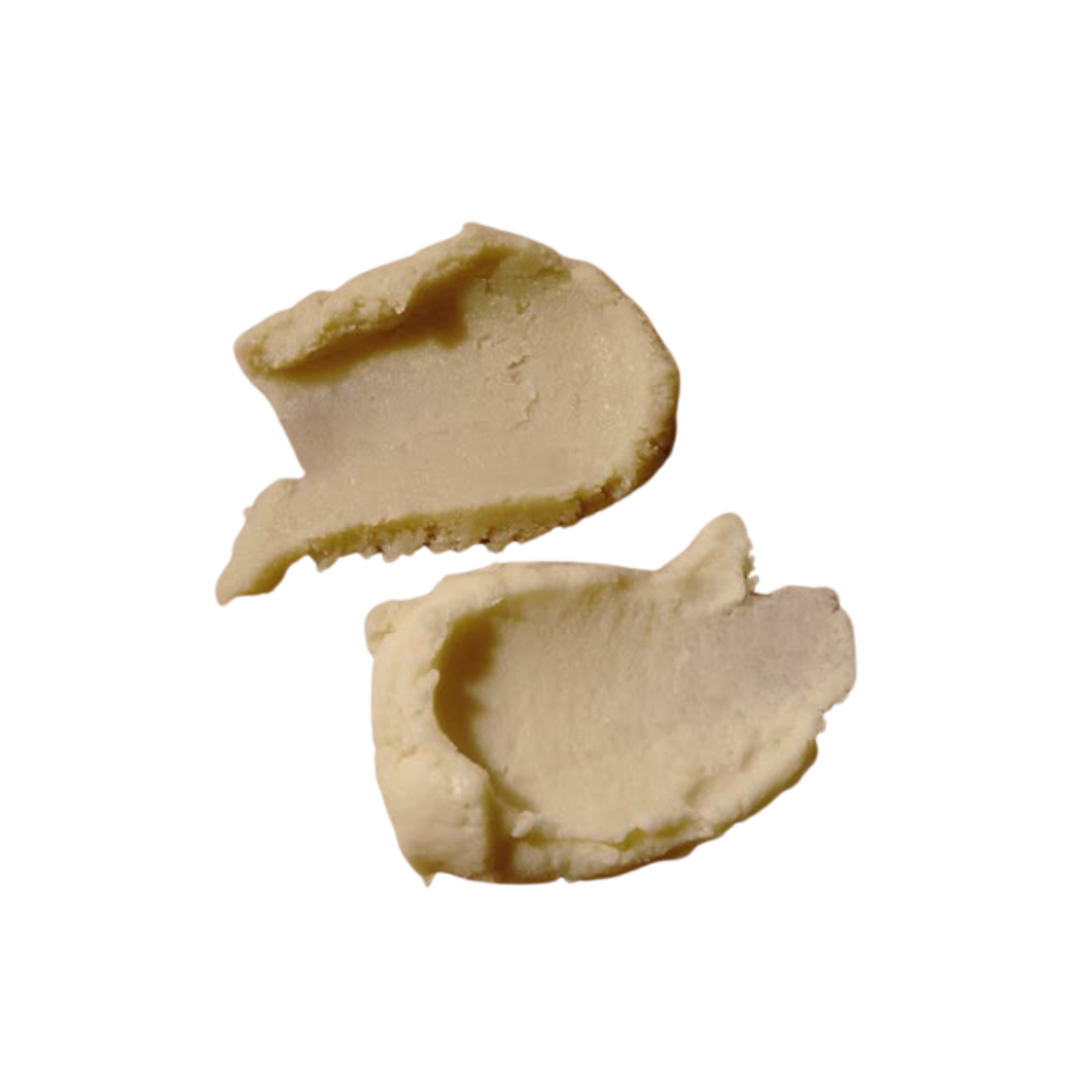
Sunflower Seed Oil: A Burst of Sunshine for Your Skin
Sunflowers do more than just brighten up a summer field—they also produce an oil that is packed with gentle, skin-loving nutrients. Abundant in vitamin E, antioxidants, and fatty acids, sunflower seed oil strengthens your skin’s moisture retention, barrier repair, and overall skin health to give you a radiant glow, just like a ray of sunshine. Üazú Skincare harnesses the sun’s flower power to deliver moisture and protection without clogging your pores. Let’s dive into why sunflower seed oil is the best seed oil for your skin.

What is Sunflower Seed Oil?
Sunflower seed oil comes from the seeds of the Helianthus annuus plant, better known as the common sunflower. Typically found in regions of North America, the sunflower’s small, black seeds are pressed to produce the skincare-transforming oil.
Sunflower seed oil has been highly regarded in past centuries for its role in food, medicine, and traditional crafting. It first gained popularity in Russia before sweeping through the United States, where it continues to thrive in its functionality today.
Today, sunflower seed oil is replacing olive oil for an increasingly gentle approach to skincare. Known for its versatility and high linoleic acid content, sunflower seed oil helps reinforce the skin barrier, balance oil production, and soothe irritation.
The Skin Benefits of Sunflower Seed Oil
-
Lightweight Hydration: Sunflower seed oil absorbs quickly into the skin without clogging pores or leaving greasy residue.
-
Rich in Antioxidants: Containing vitamin E and beta-carotene, sunflower seed oil helps combat free radicals and environmental damage.
-
Supports Skin Barrier: With its high concentration of linoleic acid, sunflower seed oil helps strengthen the skin’s protective barrier.
-
Soothing and Anti-Inflammatory: Sunflower seed oil can be used on the most sensitive of skin, including babies, to help calm redness and reduce inflammation.
-
Balancing: Sunflower seed oil helps your skin balance its sebum production, allowing it to suit both dry and oily skin types.
Why Üazú Loves Sunflower Seed Oil
Üazú loves sunflower seed oil for its amazing skin benefits as well as its sustainability as a skincare ingredient. The oil works to protect and revitalize your skin while staying true to earth’s natural ingredients. Its environmental friendliness parallels its love for your skin, allowing you to care for your body in the most organic, gentle way possible.
As with all ingredients, there is always the matter of sustainability. Although sunflower seed oil has one of the lowest carbon footprints out of all seed oils, its sustainability depends on the way it is obtained. At Üazú Skincare, we ensure our sunflower seed oil is organically grown and harvested, opting for local sourcing. We always make sure our sourcing avoids harmful pesticides and uses the best agricultural methods.
How to Incorporate Sunflower Seed Oil in Your Routine
-
SPF: Like Üazú Skincare’s SPF 50 Sunscreen, sunflower seed oil works great in any sunscreen formula that helps your skin stay hydrated and protected all day long.
-
Face Oils: Sunflower seed oil can be used as a lightweight, nourishing oil that locks in moisture.
-
Moisturizers: Sunflower seed oil is ideal for softening and protecting your skin barrier.
-
Lip Balms: Ideal for hydration, sunflower seed oil will keep your lips moisturized and smooth throughout the day.
The Future of Sunflower Seed Oil in Skincare
Sunflower seed oil is currently taking over the skincare industry one large step at a time. Sunflower seed oil has been found greatly superior to olive oil when used topically due to its gentle and lightweight nature. It is also the most environmentally friendly seed oil option due to its lower water usage and its ability to act as a natural herbicide. Its skincare benefits are astounding, offering hydration, protection, and renewal with every use. Üazú Skincare is dedicated to offering you the best ingredients you can find, and sunflower seed oil is certainly one of those ingredients.

Sources
Fischer N., Darmstadt G. L., Shahunja K. M., Crowther J. M., Kendall L., Gibson R. A., Ahmed T., Relman D. A. (2021). Topical https://pmc.ncbi.nlm.nih.gov/articles/PMC8325932/
Harris S., (2018). Making sunlight liquid – a brief history of sunflowers. Down To Earth. https://www.downtoearth.org.in/climate-change/making-sunlight-liquid-a-brief-history-of-sunflowers-61431
Kurre S. K., Yadav J. (2023). A review on bio-based feedstock, synthesis, and chemical modification to enhance tribological properties of biolubricants. Industrial Crops and Products. https://www.sciencedirect.com/science/article/pii/S0926669022016053
Nelson C. (2022). Environmentally-Friendly Cooking Oils: The Best and Worst Options. Zero Acre Blog. https://www.zeroacre.com/blog/sustainable-cooking-oils
(2022). Should I Avoid Seed Oils in Skincare? Bubble & Bee https://bubbleandbee.com/blog/should-i-avoid-seed-oils-in-skincare/






